The Dangerous Alligator Conservation in Louisiana
Louisiana, with its lush wetlands, sprawling swamps, and meandering bayous, is not only renowned for its vibrant culture and delectable cuisine but also for its thriving alligator population. These ancient reptiles have inhabited the region for millions of years, existing as a vital component of Louisiana's unique ecosystem. However, the relentless pressures of habitat loss, overhunting, and climate change have threatened their very existence. In this blog post, we delve into the importance of alligator conservation efforts in Louisiana and explore the measures being taken to preserve these magnificent creatures.
Alligators, as apex predators, play a pivotal role in maintaining the ecological balance of Louisiana's wetlands. They regulate prey populations, control the spread of invasive species, and create habitats for numerous other organisms. Their presence ensures the health and biodiversity of the ecosystem, influencing the abundance and distribution of various flora and fauna. Furthermore, their burrowing and nesting activities contribute to soil aeration, seed dispersal, and the formation of crucial microhabitats.
Despite their significance, Louisiana's alligators have faced numerous challenges that threaten their survival. Habitat loss due to urbanization, land development, and canal dredging disrupts their nesting areas and restricts their movement. Pollution from industrial activities and agricultural runoff can contaminate water sources, impacting the health of alligators and their prey. Additionally, overhunting in the past, driven by the demand for alligator products, decimated their populations, necessitating stringent conservation measures.
Recognizing the critical importance of alligators, both ecologically and economically, Louisiana has implemented several conservation initiatives. These efforts aim to protect alligator habitats, regulate hunting activities, and promote sustainable practices. Here are some key initiatives:
Habitat Protection and Restoration: Louisiana's Department of Wildlife and Fisheries, in collaboration with conservation organizations, works to safeguard and restore alligator habitats. Wetland conservation projects, reforestation efforts, and the preservation of critical nesting sites contribute to the overall well-being of alligators.
Responsible Harvesting and Trade: The state has implemented strict regulations for alligator hunting and farming. The Louisiana Alligator Management Program oversees the allocation of hunting licenses, monitors harvest quotas, and ensures sustainable practices. The legal trade of alligator products, such as hides and meat, is closely regulated to prevent illegal poaching.
Education and Awareness: Public outreach programs, nature centers, and educational campaigns raise awareness about alligators and their ecological importance. By educating communities, tourists, and future generations, Louisiana fosters a sense of stewardship towards these remarkable creatures.
Research and Monitoring: Continuous scientific research provides insights into alligator behavior, population dynamics, and habitat requirements. Monitoring programs assess population health, track migration patterns, and inform conservation strategies.
Collaborative Partnerships: Louisiana collaborates with federal agencies, universities, non-profit organizations, and stakeholders to ensure effective conservation. These partnerships pool resources, expertise, and funding to implement comprehensive conservation plans.
The conservation of Louisiana's alligators represents a remarkable effort to protect one of nature's ancient creatures and preserve the state's unique ecosystem. By implementing rigorous regulations, habitat restoration projects, and educational initiatives, Louisiana stands as a beacon of hope for alligator

